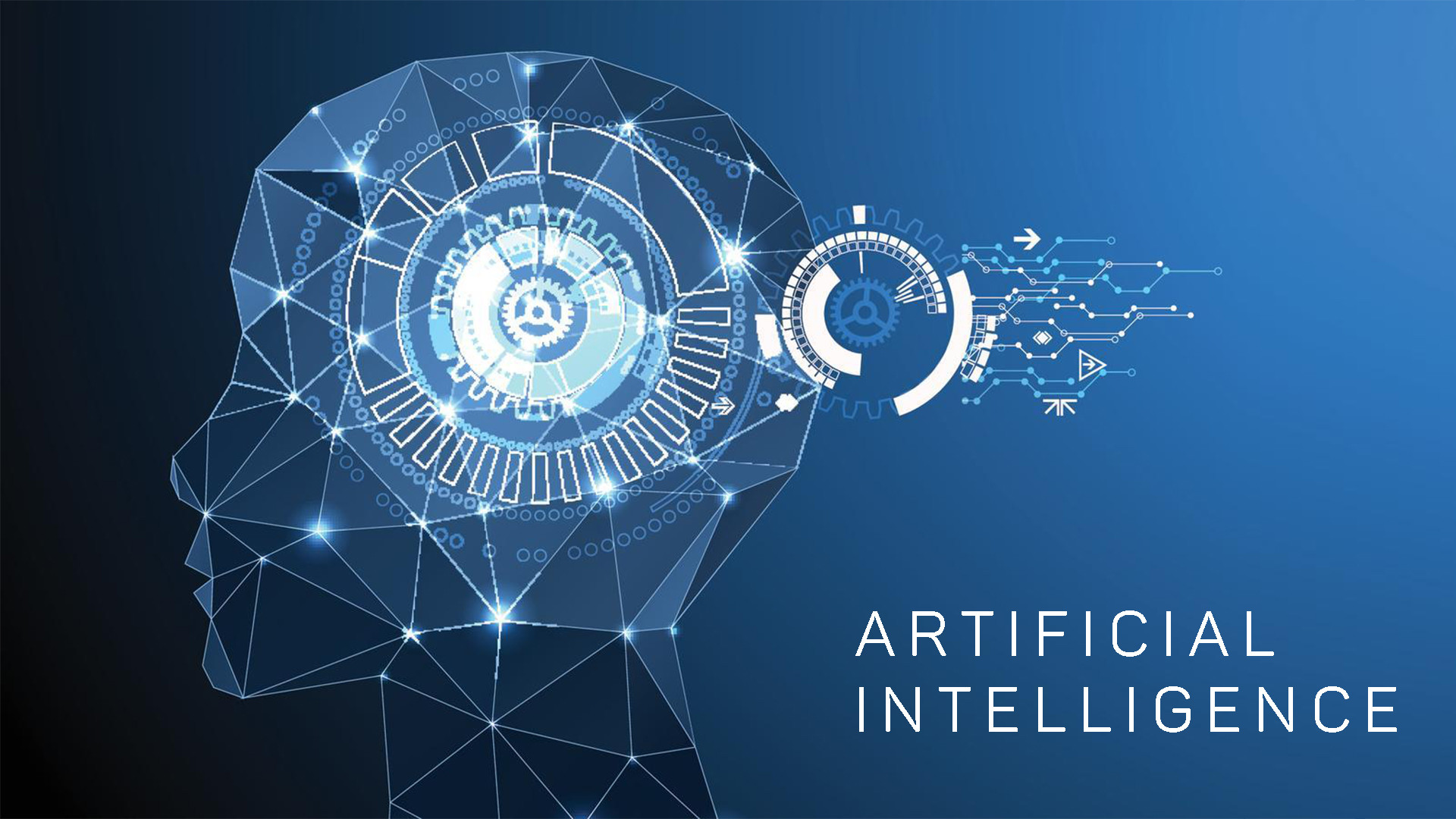The Rise of the AI Revolution: Transforming Tomorrow
The Rise of the AI Revolution: Transforming Tomorrow
Blog Article

Artificial intelligence stands at the forefront of the technological revolution that is reshaping our world. With its ability to learn, adapt, and make autonomous decisions, AI has swiftly evolved from a concept of science fiction to a cornerstone of modern innovation. As we look ahead to the future, the transformative impact of artificial intelligence on various industries and aspects of our lives looms large, promising both unprecedented opportunities and new challenges to navigate.
From revolutionizing healthcare with advanced diagnostics to powering autonomous vehicles that navigate our roads, artificial intelligence is opening the doors to uncharted territories. The integration of AI technologies into everyday systems and processes is reshaping the way we work, communicate, and even think. As we witness this paradigm shift towards a more intelligent future, the potential for AI to drive efficiency, uncover new possibilities, and enhance decision-making processes is becoming increasingly evident.
Artificial Intelligence in Everyday Life
AI has become an integral part of our daily lives, revolutionizing how we interact with technology. From voice assistants like Siri and Alexa providing quick answers to our questions, to personalized recommendations on streaming platforms based on our viewing habits, the presence of artificial intelligence is undeniable.
One of the most prevalent applications of AI in everyday life is in the realm of social media. Platforms like Facebook and Instagram use AI algorithms to curate our news feeds, showing us content that is most likely to capture our interest. This targeted approach enhances user experience by keeping us engaged and connected to relevant information and updates.
Additionally, AI has significantly impacted the healthcare industry, leading to advancements in diagnostics, personalized treatment plans, and predictive analytics. Medical professionals can now leverage AI-powered tools to analyze large volumes of data, aiding in the early detection of diseases and improving patient outcomes.
Impacts on Industries
Artificial intelligence is revolutionizing industries across the globe. One significant impact is the automation of tasks in sectors such as manufacturing, leading to increased efficiency and cost savings for businesses. This has enabled companies to streamline operations and allocate resources more strategically, ultimately enhancing productivity and competitiveness in the market.
Furthermore, AI has transformed the healthcare industry by revolutionizing diagnostics, treatment plans, and patient care. Healthcare providers can now leverage AI algorithms to analyze vast amounts of data, leading to faster and more accurate diagnoses. This not only improves patient outcomes but also reduces healthcare costs by optimizing treatment pathways and minimizing errors.
In the financial sector, artificial intelligence has enabled the development of advanced algorithms for fraud detection, risk management, and personalized financial services. By harnessing the power of AI, financial institutions can better predict market trends, manage risks effectively, and provide tailored services to individual customers. This has resulted in more secure transactions, increased customer satisfaction, and improved overall financial performance for businesses.
Challenges and Ethical Considerations
Addressing biases is a crucial aspect of AI development. In many cases, AI systems can inadvertently perpetuate biases present in the data they are trained on. This raises concerns about fairness and the potential reinforcement of existing inequalities in society.
Ai Search
Another challenge is privacy and data security. AI technologies often require vast amounts of data to function effectively, leading to concerns about how this data is collected, stored, and used. Ensuring the protection of individuals' sensitive information is essential to maintain trust in AI systems.
Ethical dilemmas also arise regarding the potential impact of AI on employment. As AI continues to advance and automate tasks previously performed by humans, questions surrounding job displacement and the need for upskilling and reskilling the workforce come to the forefront. Balancing technological progress with social and economic implications remains a significant ethical consideration in the AI revolution.
Report this page